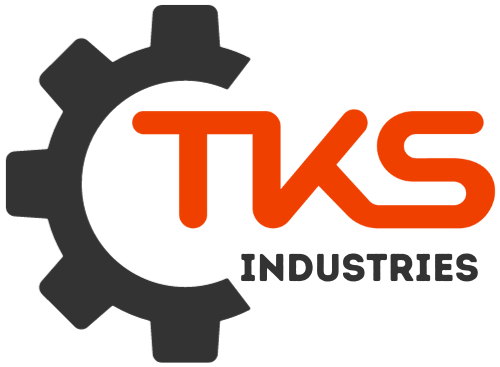[ad_1]
The Ultimate Guide to Buying Used Machinery
Buying used machinery can be a cost-effective way to upgrade your business operations, but it requires careful consideration to ensure you’re getting a reliable and efficient machine. In this article, we’ll provide you with a comprehensive guide to help you navigate the process of buying used machinery, from preparation to final inspection.
Preparation is Key
Before starting your search for used machinery, it’s essential to define your needs and budget. Consider the following factors:
- Purpose: What will the machine be used for? What are your production requirements?
- Budget: How much are you willing to spend?
- Space: Do you have sufficient space to accommodate the machine?
- Power requirements: What type of power source does the machine require?
Research and Shortlisting
Once you have a clear idea of your needs and budget, it’s time to start researching. Here are some tips to help you find the right machine:
- Online marketplaces: Websites like eBay, Craigslist, and MachineryTrader.com are great resources for finding used machinery.
- Industry associations: Reach out to industry associations, such as the National Association of Manufacturers (NAM) or the Association of Equipment Manufacturers (AEM), for leads on used machinery.
- Local dealerships: Visit local dealerships and ask about used machinery they may have in stock.
- Auctions: Attend auctions or online auctions to find used machinery at discounted prices.
Inspecting the Machine
When inspecting a used machine, look for the following:
- Condition: Check for any signs of wear and tear, such as rust, corrosion, or damage.
- Maintenance records: Ask for maintenance records to ensure the machine has been properly maintained.
- Operating history: Ask about the machine’s operating history, including how many hours it has been used.
- Parts availability: Check if parts are readily available for the machine.
- Warranty: Check if the machine still has a warranty or if the seller offers a warranty.
Testing the Machine
Before making a purchase, test the machine to ensure it’s in good working condition. Here are some tips:
- Start-up: Start the machine and listen for any unusual noises or vibrations.
- Operate: Operate the machine to ensure it’s functioning as expected.
- Check for leaks: Check for any signs of leaks or fluid loss.
- Test features: Test all features, such as speed controls, alarms, and safety features.
Purchasing and Maintenance
Once you’ve found the right machine, it’s time to make a purchase. Here are some tips:
- Purchase agreement: Ensure you have a clear purchase agreement that outlines the terms of the sale.
- Warranty: Check if the seller offers a warranty and what it covers.
- Maintenance: Plan for regular maintenance to ensure the machine continues to run efficiently.
- Training: Consider hiring a professional to train your staff on how to operate the machine.
Conclusion
Buying used machinery requires careful consideration and research. By following these tips, you can ensure you’re getting a reliable and efficient machine that meets your business needs. Remember to inspect the machine thoroughly, test its features, and plan for regular maintenance to get the most out of your investment.
[ad_2]
